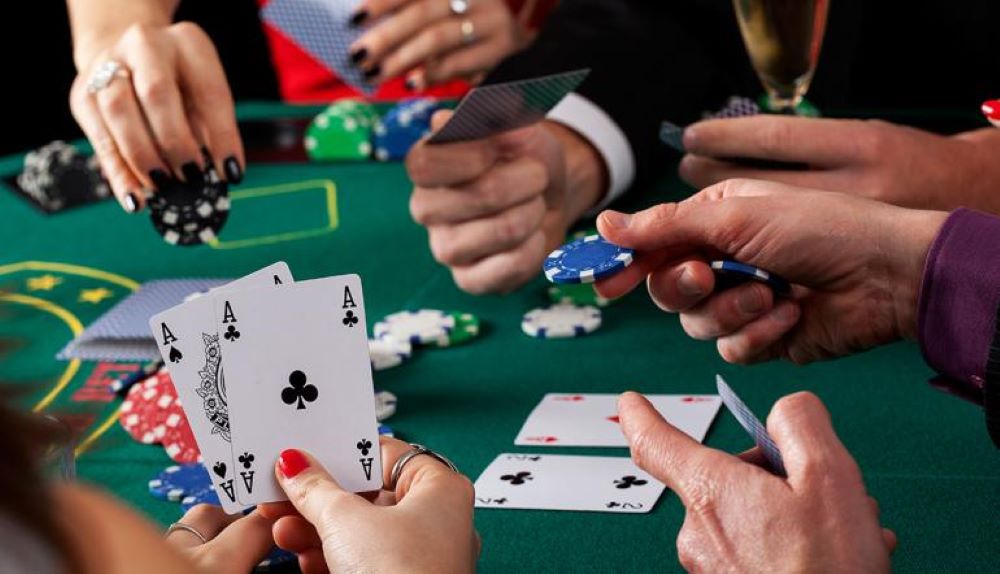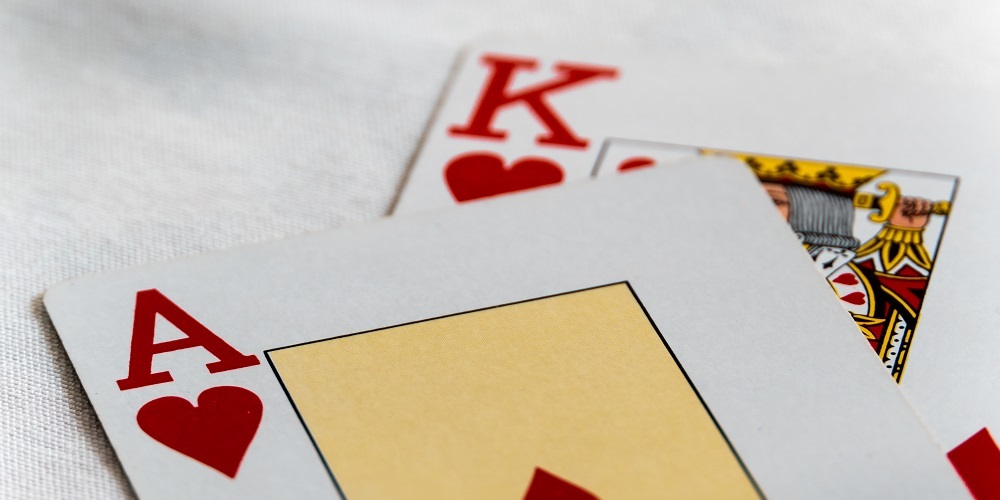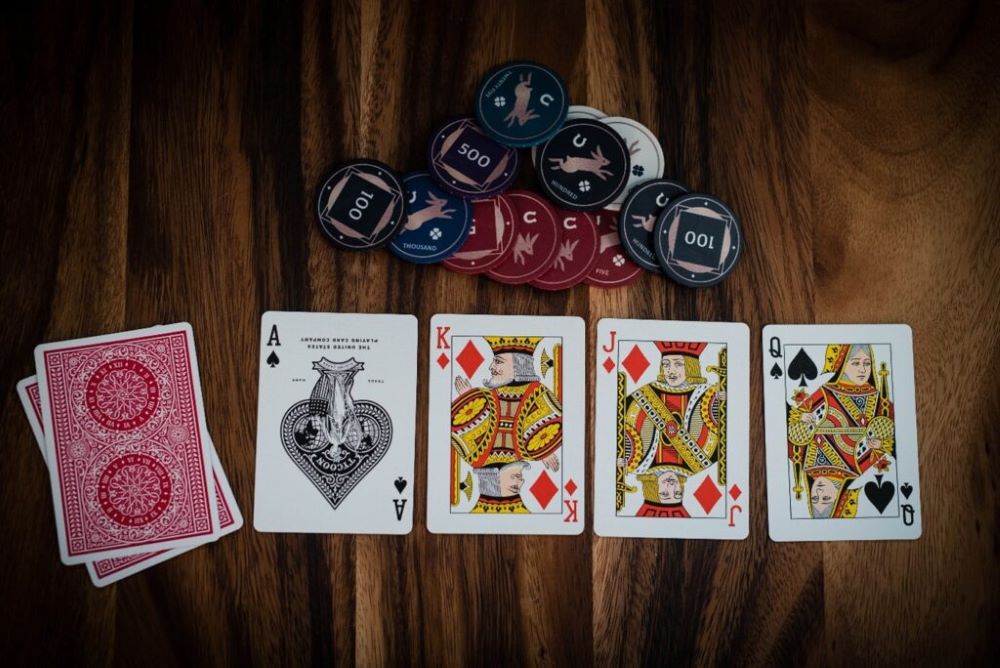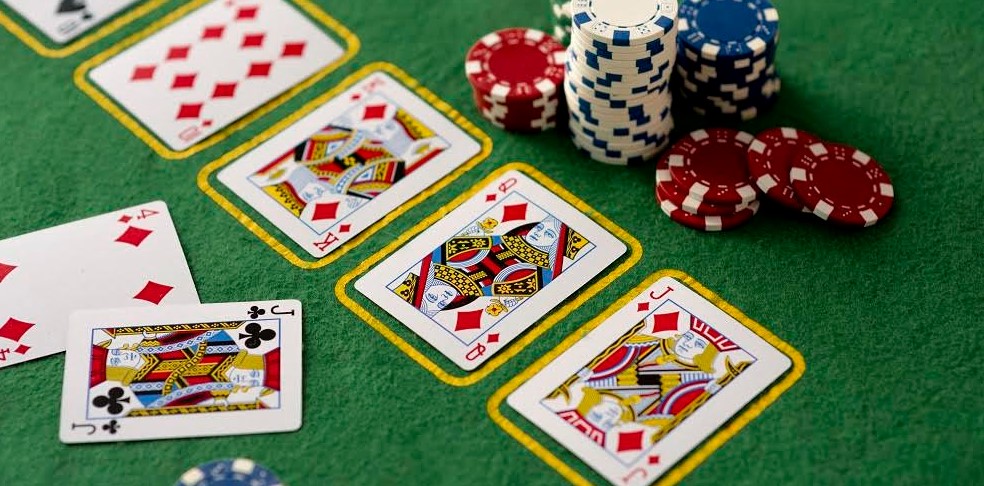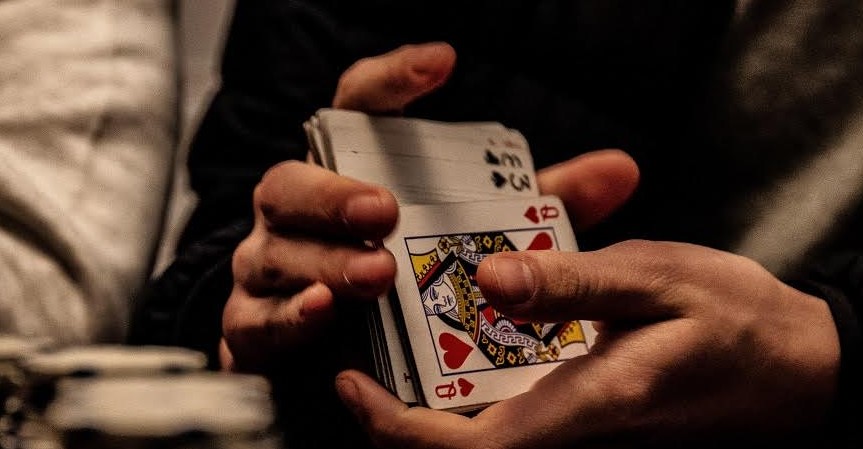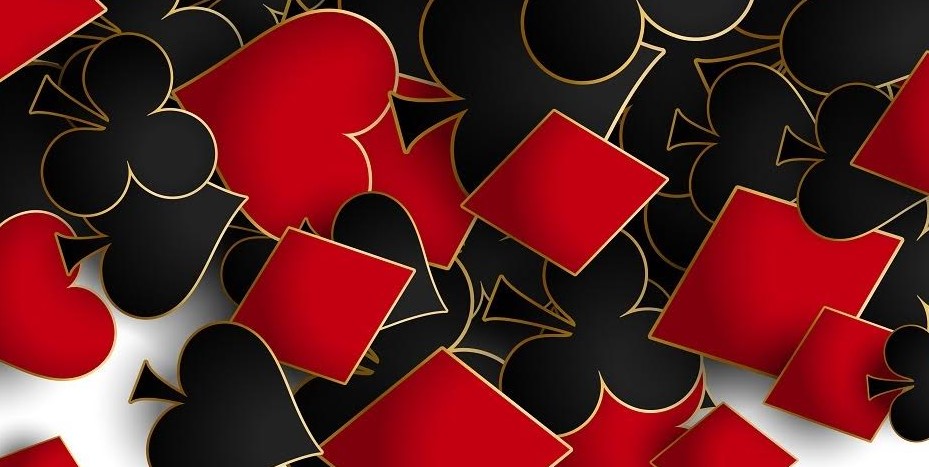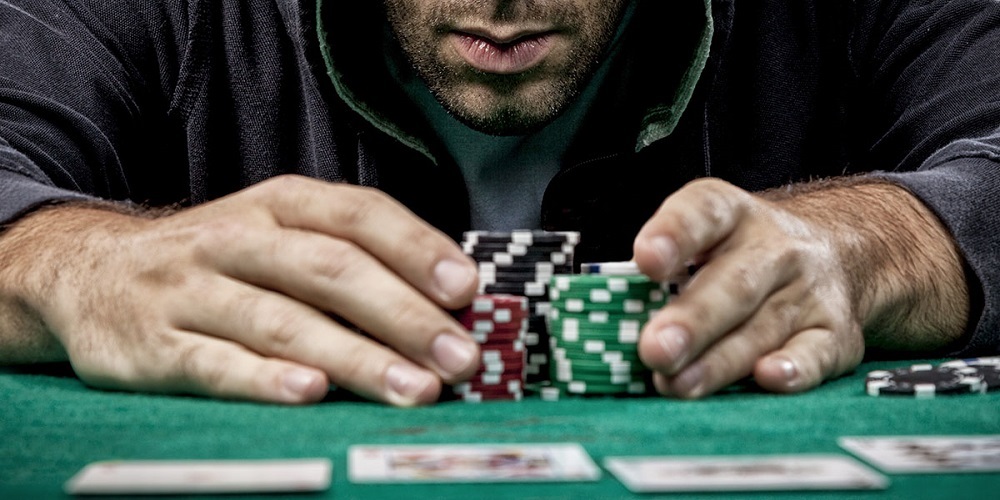As soon as you have immersed yourself in the rich world of poker, you will have noticed that a great number of English words are mastered.
For a Spanish-speaking person, it means becoming familiar not only with the dynamics of poker but also with all the terminology that is used and that has nothing to do with their mother tongue. For an English-speaking person, when it comes to terms, there is hardly any difficulty in understanding the terms… or is there?
In today’s post we talk about a concept that is born from the union of two terms and that, no matter how fluent you are in the English language, you may not know because it is far from the usual bet, all-in, fold or check. Today we discover what is hidden behind the term valuff.
What is a valuff in poker?
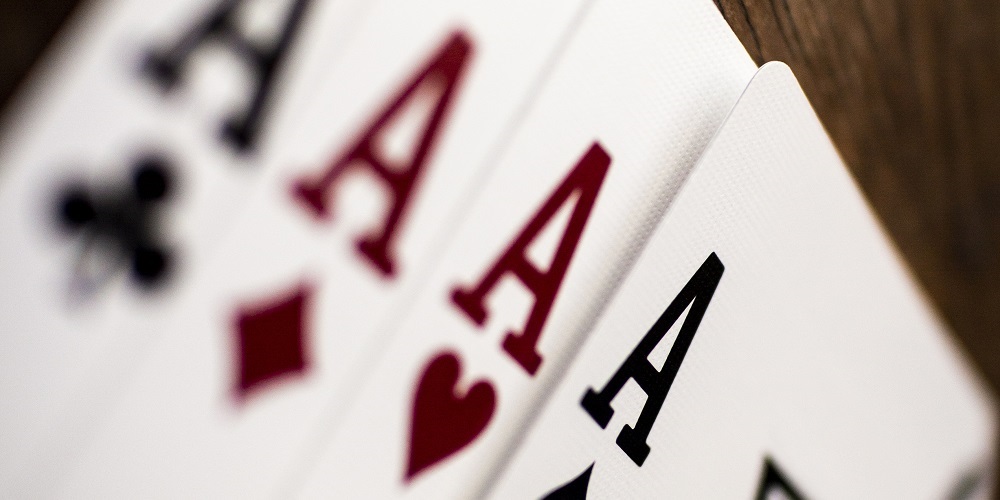
If we talk about valuff, we are talking about the very essence of poker: betting. As you well know, in poker, bets can be, in general, of two types: value bets or bluff bets.
The first ones correspond to those that are usually made on the river, that is, the last street of a hand, and are made because you think you have the best play. We want them to pay our bet and, thus, increase our profits.
In the case of the second ones, bluff bets, is the one in which we have a weak hand and we pretend that our opponent, who has a potentially stronger hand, folds and we get the pot.
Well then. A valuff in poker would be a bet that does not correspond neither with the first nor with the second and that, even so, are so common in poker games that a new concept has been born to refer to them.
This affectionate nickname, which has taken root in the poker world, designates bets that are not for value but are not a bluff either. Hence the term is formed from the union of value and bluff. What are they then? They are simply poorly placed bets or bets made at the wrong time.
Fishes are particularly prone to this type of unfortunate bets, which is to be expected, since inexperience is the main reason why we see this type of bets on the green carpet.
As for the collateral effects that this bet may have on the rest of the table, the truth is that it should not be a big headache for the rest of the opponents, but rather for the player who made this move.
In fact, a valuff bet is really a possibility to increase the winnings of the opponents who have realized the bad move of one of the opponents. At this point, if you want to take advantage of the situation, it would be advisable to put just enough pressure on the fish to stay in the hand and continue betting.
What is bluff in poker?
Although valuff is a more opaque and less known term, especially by beginners, bluff in poker is almost as common as all-in, big-blind or raise.
Who hasn’t bluffed at some point in poker? Beyond whether or not it is ethical to bluff in poker – in fact, many players argue that it all depends on the situation and the opponents – the truth is that this bet is common in poker.
If we have to give a definition of what bluffs in poker are, we would say that it is a bet that a player makes with the intention of forcing the opponent to fold, making him believe that he has a stronger hand than his own, when the harsh reality is that it is a mediocre hand.
Far from being simple, to make a good bluff in poker is within the reach of very few. Moreover, you have to take into account several factors and have a good background in poker to succeed in this strategy. If you are interested in knowing how to bluff in poker, do not miss one of our most read posts on the subject by clicking here.
Better known as “farolear” for Spanish speakers, a poker bluff is a risky play since it can be easily lost if the opponent sees it or calls it. However, this strategy can be a great success if the opponent folds.
However, if we talk properly about the meaning of bluff in poker, experts point out that it could only be considered as a bluff when we are on the river, since in previous streets our hand can improve depending on the cards that are still to come.
Valuff vs bluff in poker: explanation
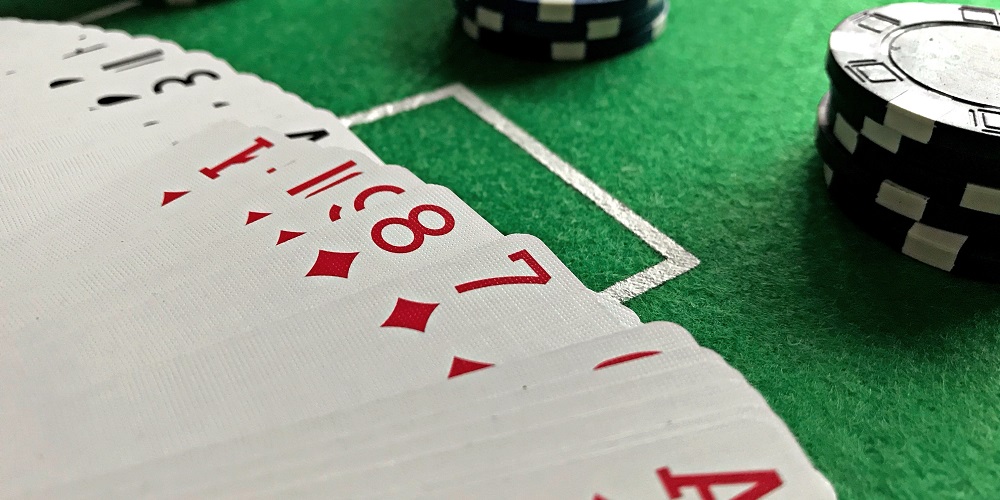
At this point, it is easy to identify the basic difference between a poker valuff and a bluff: intentionality.
A player betting on a bluff is focused on trying to deceive the opponent. He may do so at a more or less opportune moment in the game, but two conditions will be met: he has a weak or relatively weak hand and he believes that his opponent’s hand is better.
On the contrary, a player who makes a valuff bet has simply made a bad bet. In fact, behind a valuff bet hides a player whose intention was to make a value bet.
Another factor that makes the difference between a bluff and a valuff is the value of the cards. While a bluffing hand will always be weak, a valuff need not be. A valuff is essentially a technical error in betting, a lack of experience.
And you, how do you bet in poker?
